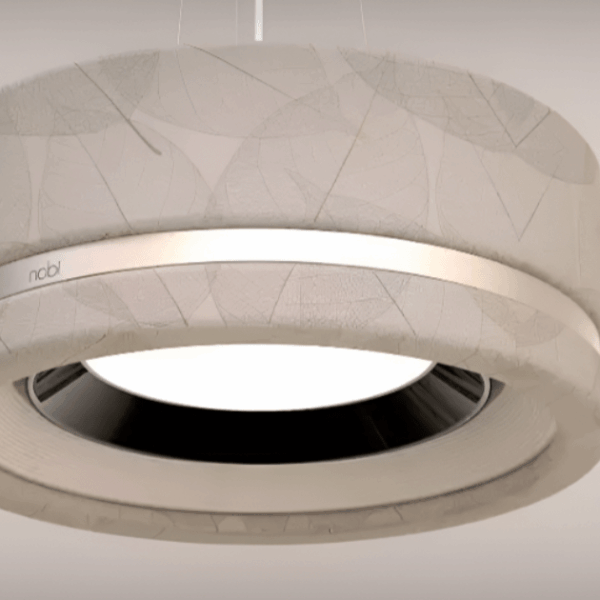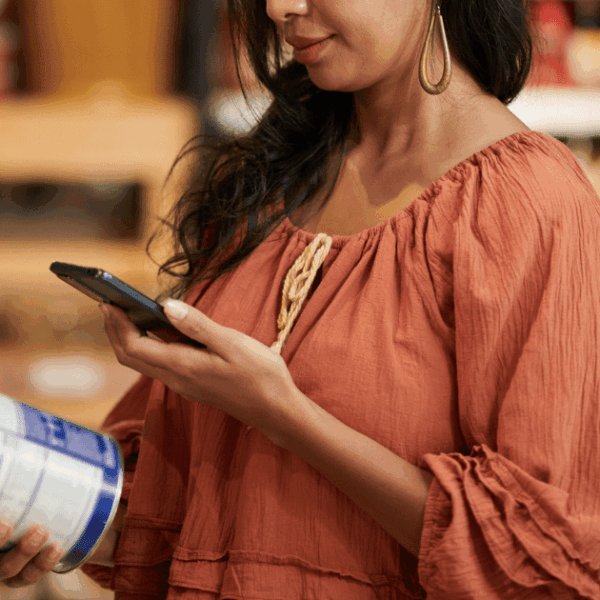Résorption-bidonvilles, the digital platform to accelerate slum upgrading and integration in France
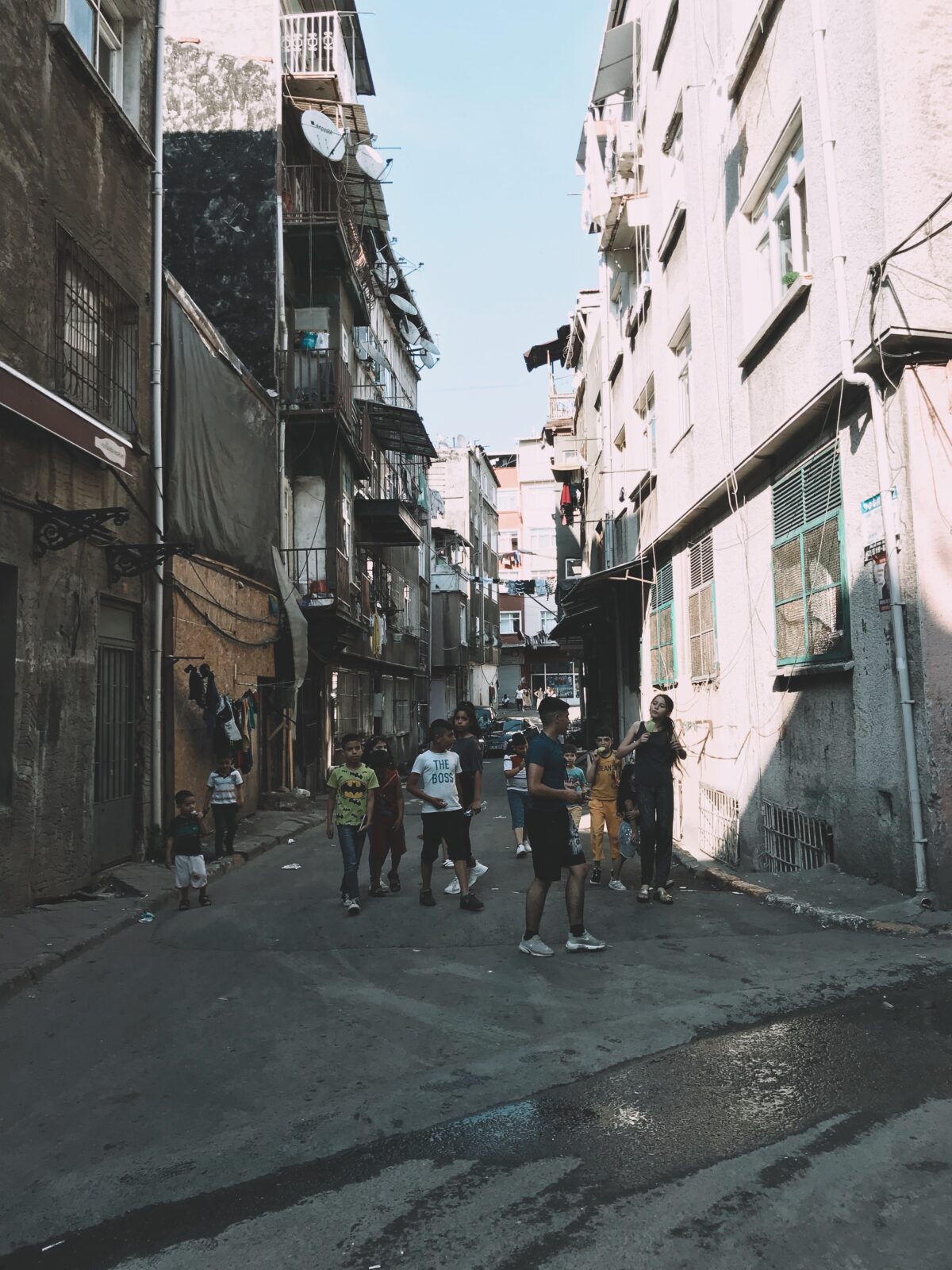
Résorption-bidonvilles, the digital platform to accelerate slum upgrading and integration in France
Résorption-bidonvilles, Dihal (Interministerial Delegation of Acommodation and Access to Housing)
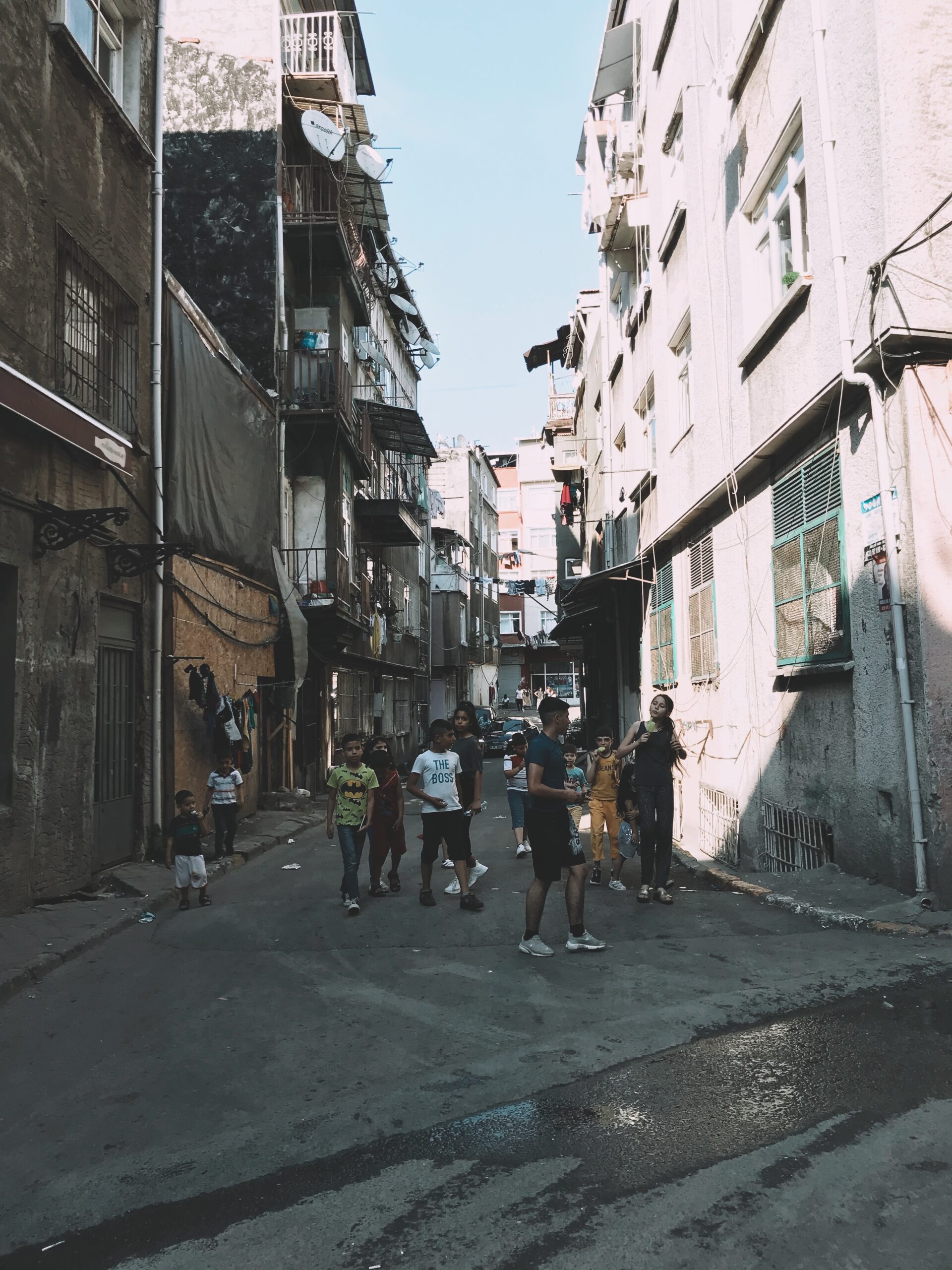
Information, exchange and management platform promoted by the French government to effectively accelerate the improvement and integration of slums, known in French as bidonvilles. Through this tool, citizens can report on the situation in these neighbourhoods, administrations can follow the progress of the actions being carried out and associations can collaborate in improving the living conditions of their inhabitants.
This online platform –which is simple, agile and adaptable to the needs of each user– was born out of the realisation that in recent decades, in France, slums have reappeared, where precarious people live in housing that does not meet hygiene and sanitation standards and where basic services (access to water, access to sanitary facilities, waste disposal, etc.) are largely absent. There are currently more than 300 slums in the French Metropolitan Area, where more than 16,000 people live. The social marginalisation of the population living there is alarming: lack of schooling, non-participation in the labour market, neglect and discrimination of all kinds, among others.
The platform aims to transform public action and create a collaborative dynamic, connecting various actors –public administrations involved, landowners, associations that intervene with the inhabitants– that can help to improve precarious neighbourhoods, both at the level of decision-making and implementation. Access to the platform is open, but requests are validated by local administrators. Moreover, actors who have access to the platform can only consult information and report on interventions concerning the territory in which they are registered. Only users registered at the national level –ministries, central administrations or national associative partners– can consult all the data.
However, it is a tool with a global approach that combines social integration, respect for public order and the prevention of resettlement. In this sense, the platform makes the situation of the inhabitants of the bidonvilles visible –although no personal data is ever shared– and strengthens the power of action of each actor on the ground. It also makes it possible to draw up action plans and interventions, facilitate coordination between actors and measure and promote the results of the actions carried out.
Characteristics of innovation
Localization
France
Partners / Funders
French Government and the European Union’s REC (Rights, Equality and Citizenship) programme
Genesis
The Resorption Bidonvilles platform was launched by the French government in January 2018 following awareness of the precarious situation in which many people live in neighbourhoods in France. Driven by the French Ministry of Territorial Cohesion, it aims to help solve problems related to precarious neighbourhoods or bidonvilles in France. Since 2018, the platform has been evolving and improving to provide an effective tool for problem solving.
Level of implementation
The platform has been a real step change and has given a strong impetus to territorial strategies, with a multiplier effect on the actions carried out. In 2019, more than 30 actions were carried out to improve marginal neighbourhoods, 75% of which were financed by the State, 15% by local authorities and 10% with private or European funds. With the platform, hundreds of people have been incorporated into the labour market and moved into decent housing, and hundreds of children have been enrolled in school.
The project has won several calls for projects, such as the General Interest Entrepreneur Award of the Investment for the Future Programme (2019) and the European Commission’s “Rights, Citizenship and Equality” Programme (2020).
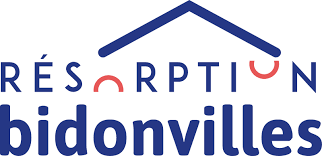
Banc d’innovacions


